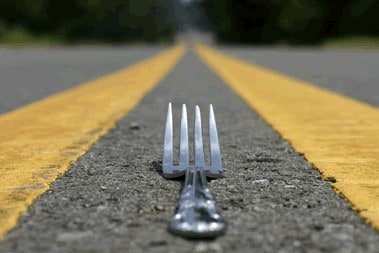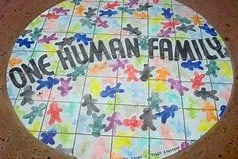We ran into an elderly neighbor this week as we were contemplating writing about decision making. How timely that he sat down and went on to share with us this true story. There was a preacher and an impending ice storm. He knew an ice storm could be dangerous, but he also knew that his parishioners wanted to come to church that Sunday. He decided to conduct the service but also decided to stage someone outside to monitor the weather. As the weather began to deteriorate, the outside observer let him know and he decided to end the service halfway through his sermon. The parishioners left as the storm was approaching but while it was still safe to travel. Most everyone left to go home following the preacher’s advice but some objected to his decision. The ones who objected went out to a restaurant for breakfast. Their decision! When those parishioners left the restaurant, the conditions had deteriorated such that the wife of one of the couples fell on the ice and broke her hip. Another couple, while driving home from the restaurant, slid on the ice and ran their car off the road into a ditch.
As a leader, the preacher was faced with making a decision. He made it based on facts, science, and the input of an appointed observer. Decision making for human beings starts to form around age 9, a time which can be called the age of reason. At this egocentric stage, children begin to understand that not everyone shares their thoughts, beliefs, or feelings. Decision making at this age is a concrete operation that then leads to formal operations at the age of 12. We all learn and hopefully conquer these stages as we increase our IQ and move into adulthood and adult thinking. Consequently, the way we make decisions changes with age.
One wonders why someone would head home and another go out for breakfast with an impending ice storm? Is one decision more egocentric than the other and would that be the person who goes home or the person who goes to breakfast?
Life is challenging and full of decisions. As we learn, even the best of decisions do not always reap its intended results. In the current atmosphere of the world that we live in, we can only hope that the majority of adults can see the difference between right and wrong and act accordingly. This week, Joe Biden made a decision to implement a withdrawal plan in Afghanistan, ending the forgotten war. History will reflect that no other President over the past 20 years had the fortitude to do so. Yet, we do not think that it fully concluded in the way that Biden had planned. His intentions were clearly honorable and he showed, as the preacher did, insight and courage in making the decision. The unfortunate consequence was that it resulted in further injury and death before the US could completely exit. Because of Biden’s courage and forethought, we praise his decision and at the same time mourn the loss of our troops. We ask, are we finally a country not at war?
This Labor Day weekend, we would like to remember that Labor Day was first celebrated in New York City in September, 1882. President Grover Cleveland signed it into law as a federal holiday in 1894 following the death of 13 and injury of 57 workers during the Pullman Strike. Labor Day was known as a day of recognition with the labor movement at the time and today it pays tribute to the contributions and achievements of American workers. (And, by the way, Grover Cleveland is the only President thus far in American history to serve two nonconsecutive terms in office. Let’s hope that we are not looking to repeat this in 2024.)
Embrace this weekend with hope and courage. May intelligence prevail.
“Intelligence is what you use when you don’t know what to do.” – Jean Piaget
A special note: We may on occasion write a blog every other week. Thanks for reading and staying in touch.



